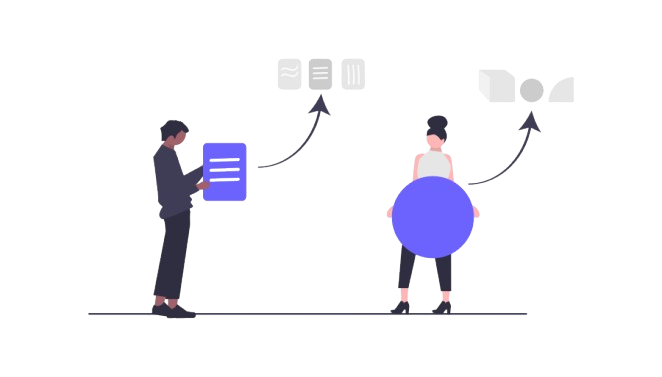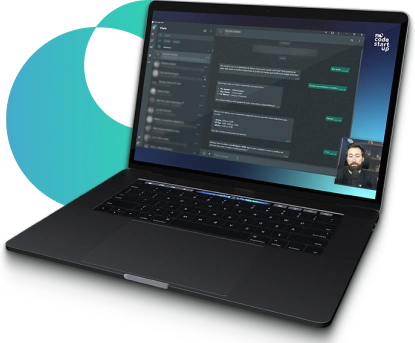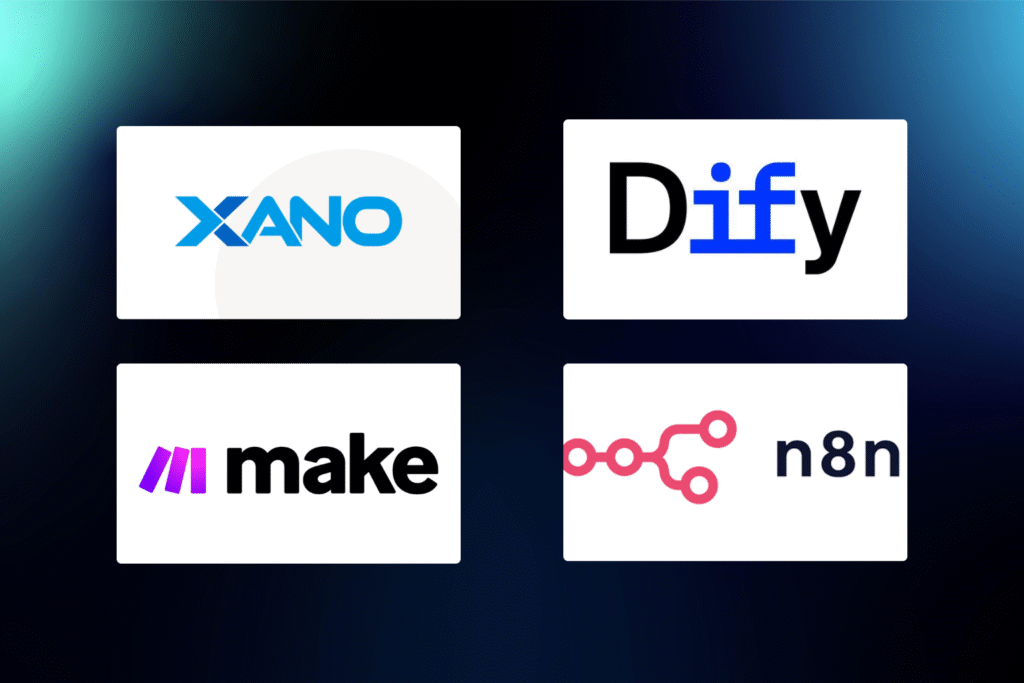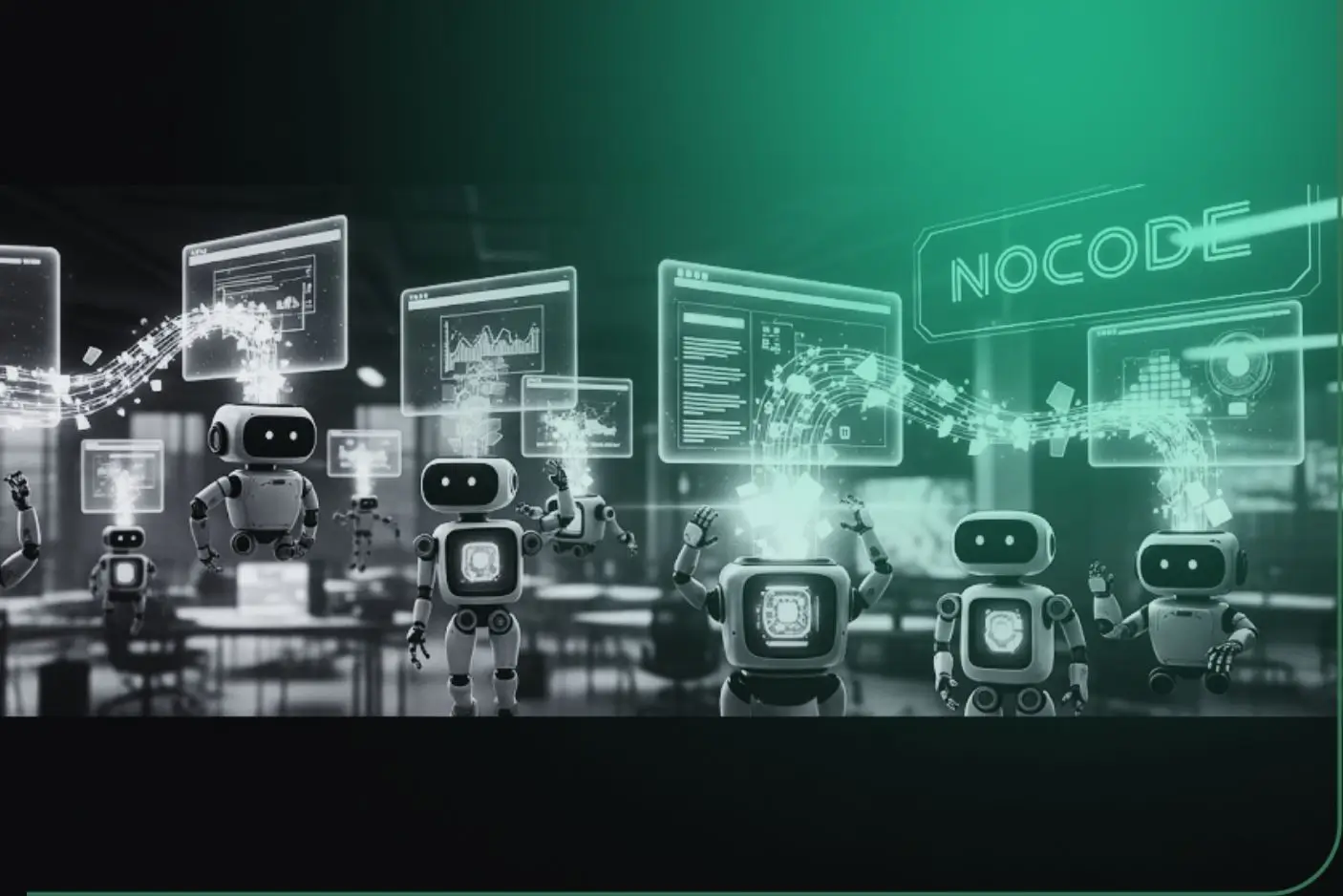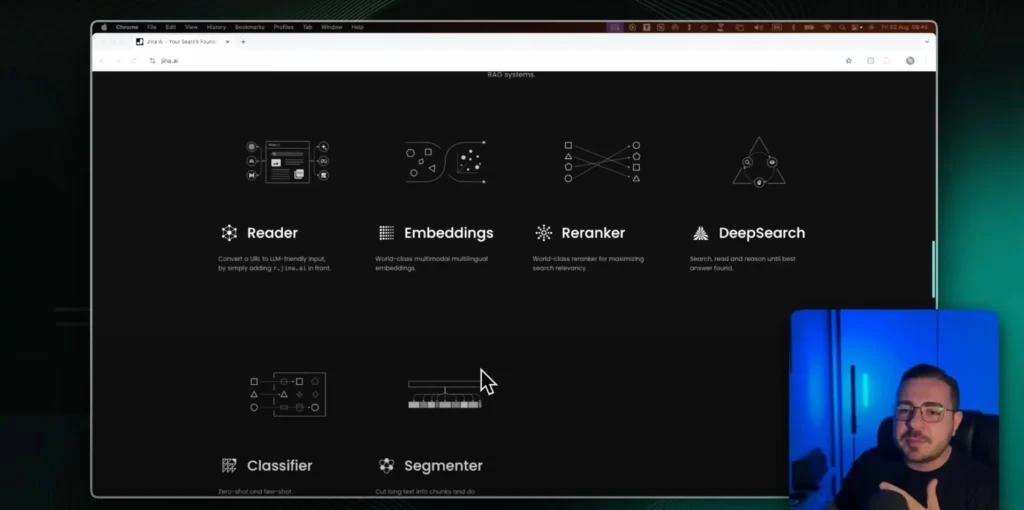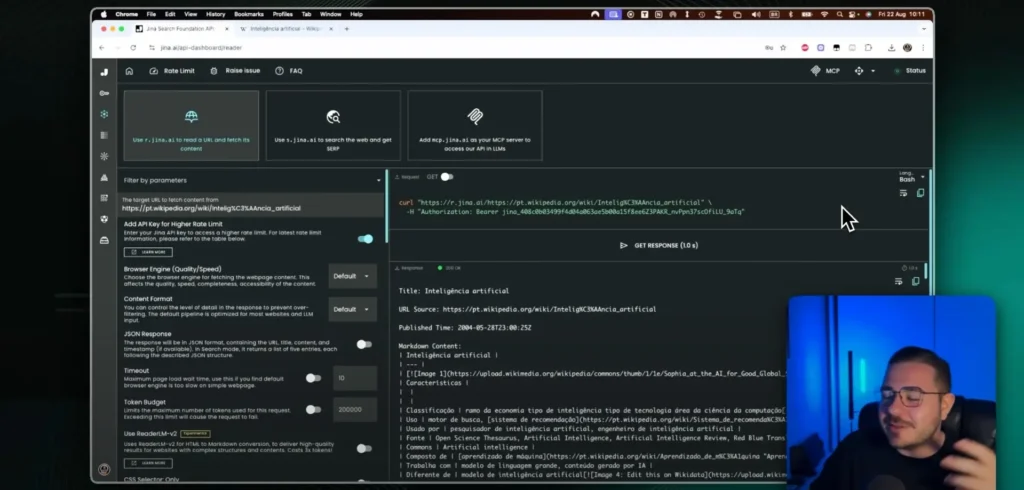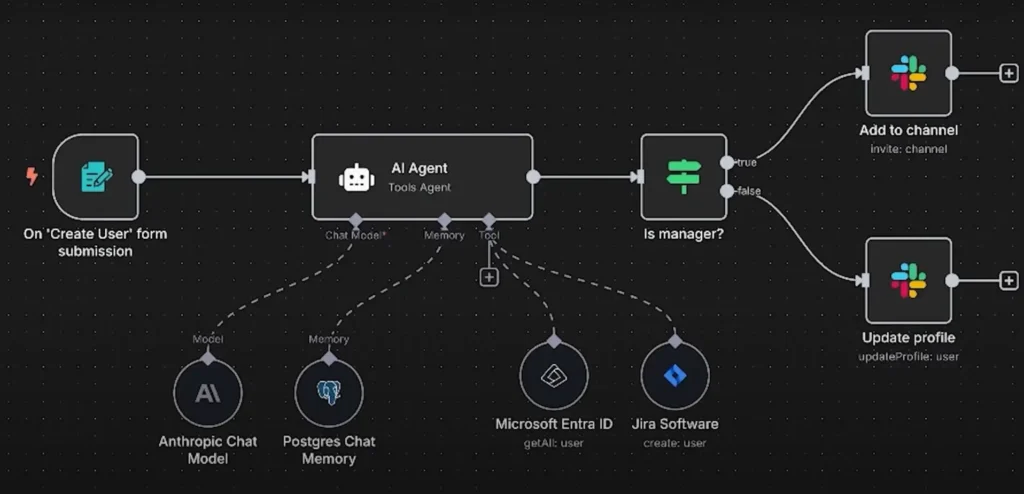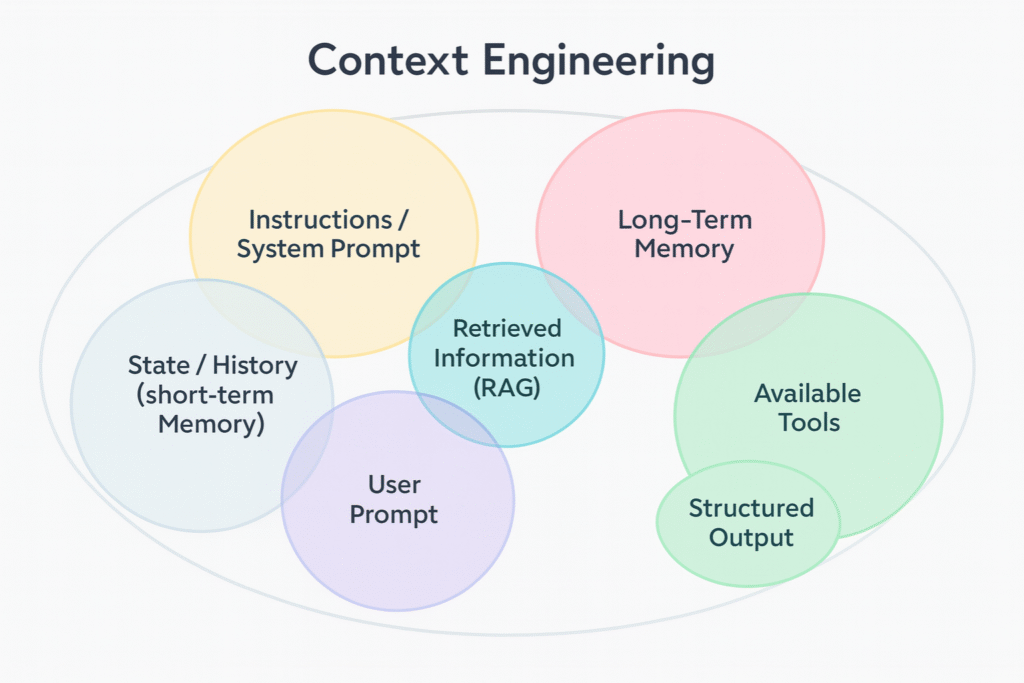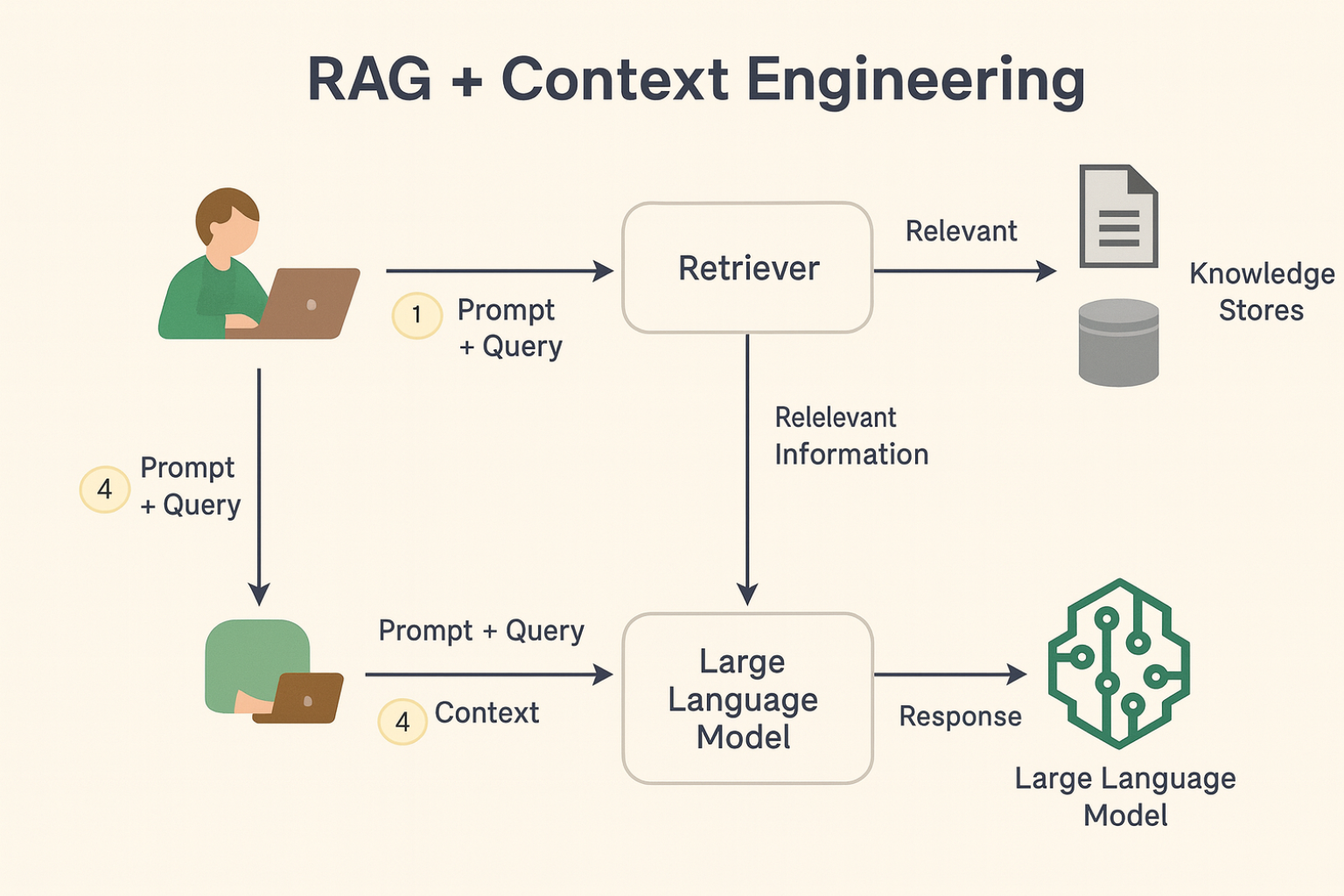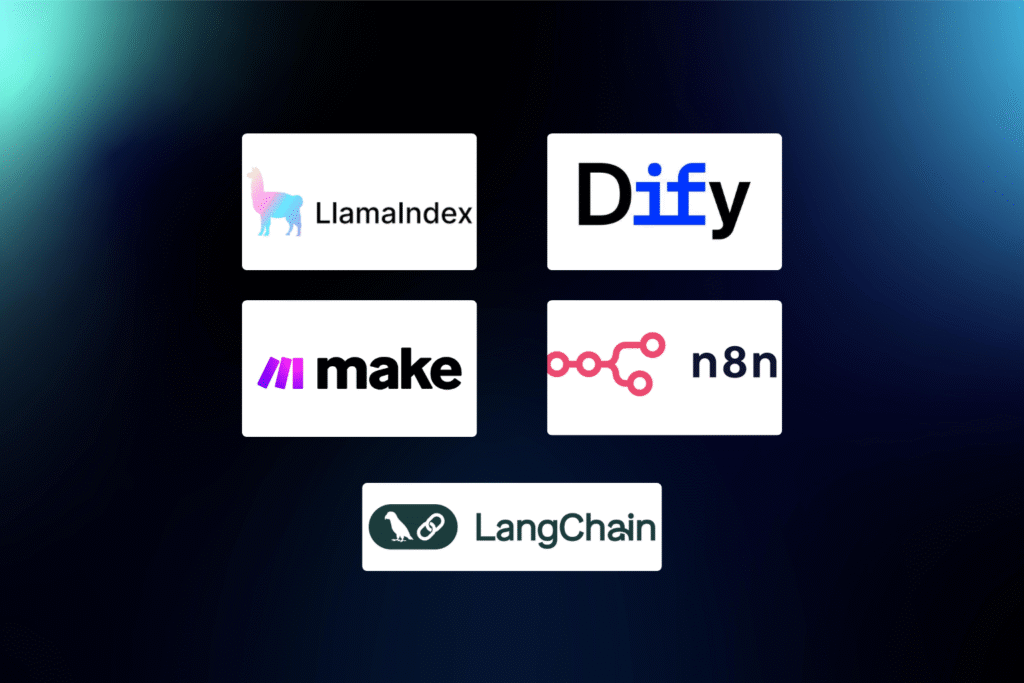Estimated reading time: 8 minutes
The advent of automation has opened up a world of possibilities for startups and businesses of all sizes. Automating repetitive tasks with automation agents allows entrepreneurs to focus on more strategic aspects of their operations.
One particularly powerful use of automation is in the sales process, where no-code solutions can streamline customer interactions, making sales seamless and highly efficient. Learn how this type of automation works and how it can be implemented in a no-code startup.
Understanding Automation Agents
The automation agent is a sales bot that can sell almost anything, as long as it is fed the right instructions and product details. This flow is fully automated, handling everything from customer inquiries to generating payment links and sending them to customers to complete their purchases.
Check out everything this sales agent can do:
- Dealing with customer queries and providing information about products or services.
- Guide the customer through the sales funnel.
- Generate custom payment links and send them to customers.
- Process payments and track the status of each transaction.
- Operate 24/7, ensuring sales can be made at any time without manual intervention.
This type of automation is a game-changer for small businesses, startups, and even larger enterprises looking to scale their processes. But what makes this automation agent particularly powerful is its no-code architecture. Which means it can be built and customized without extensive programming knowledge.

Building Sales Automation Agents Without Code
The automation agent can, for example, be hosted on WhatsApp, making it accessible and easy to use for customers. Check out the steps for building an agent using tools NoCode and exploring the architecture that powers it.
1. Choosing the right tools
To build a functional sales automation agent, the following tools are essential:
- Frontend (customer interface): In this case, the frontend is WhatsApp, where the customer interacts with the agent. WhatsApp is a widely used communication tool, which makes it a natural choice for companies looking to automate customer interactions.
- Backend (Data Storage and Logic): The backend stores and processes all data related to the product, customer, and sales transactions. For example, the agent can use the Supabase as your database, which stores product details, user information, and order status.
- Integrations (third-party services): A key part of this agent's functionality comes from its integrations. It integrates with services such as n8n to automate workflows.
2. Understanding the flow of automation agents
The flow starts when a potential customer sends a message to the company’s WhatsApp number. The automation agent is ready to respond immediately. Here’s what happens next:
- Customer Inquiry: The agent asks the customer what they are interested in. For example, the user may ask about the details of a specific course.
- Fetching product information: The automation agent then fetches details about the course from the Supabase database and displays them to the customer. This may include the course title, pricing, and available dates.
- Going to purchase: the customer indicates that they want to purchase the course. The agent then asks for any missing information, such as their CPF, which is necessary to process the transaction.
- Generating payment link: Once the customer confirms their purchase intention, the agent uses the ASAAS API, for example, to generate a personalized payment link. This payment link is then tied to that specific customer and transaction.
- Processing payment: The customer clicks the link and completes the payment. The agent tracks the payment status and updates the database when the payment is successful.
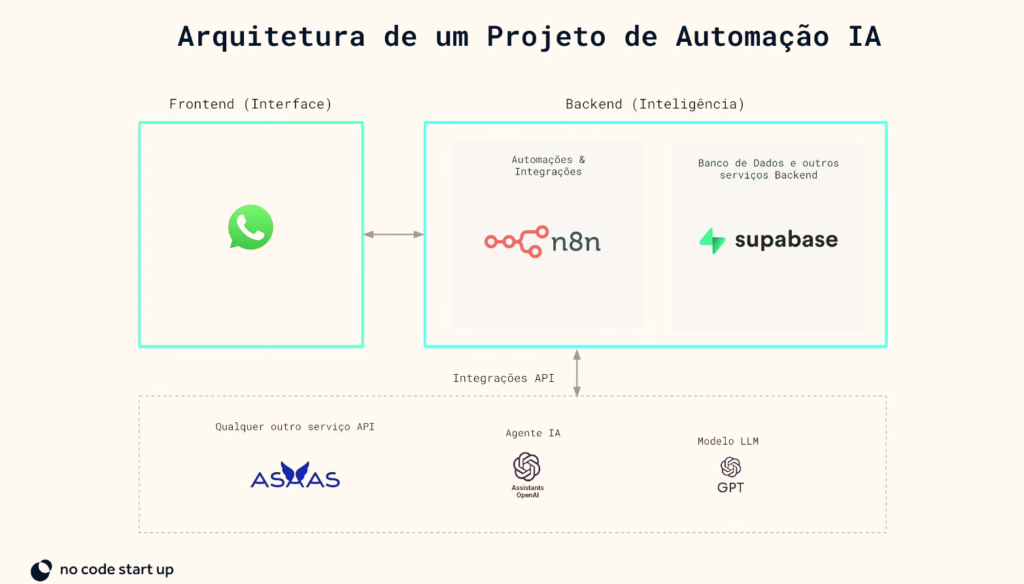
3. Integrating AI for Enhanced Customer Interactions
Artificial intelligence plays a crucial role in this automation agent, enabling it to understand customer queries and respond appropriately. The agent can use OpenAI's GPT models for natural language understanding and response generation. In this way, this integration of AI sales agents ensures that the agent can handle a wide range of customer queries, providing relevant information based on the input it receives.
Additionally, AI can be trained to remember previous interactions, making future conversations smoother. For example, if a repeat customer asks about a previous order, the agent can retrieve that information from the database and provide a personalized response.
4. Personalizing the sales experience
One of the most interesting aspects of this no-code automation is its flexibility. You can use the same automation flow to sell a wide variety of products or services. This means you can customize the system to handle:
- Physical products: For example, a clothing retailer can use the automation agent to handle queries about available inventory, sizes, and shipping options. The agent can generate payment links for customers and track order status.
- Digital products: In the case of digital products like courses or software, the agent can handle everything from providing product descriptions to granting access to the product after payment.
- Services: Businesses that offer services, such as consulting or coaching, can also benefit from this type of automation. The agent can schedule appointments, handle payments, and send reminders to customers.
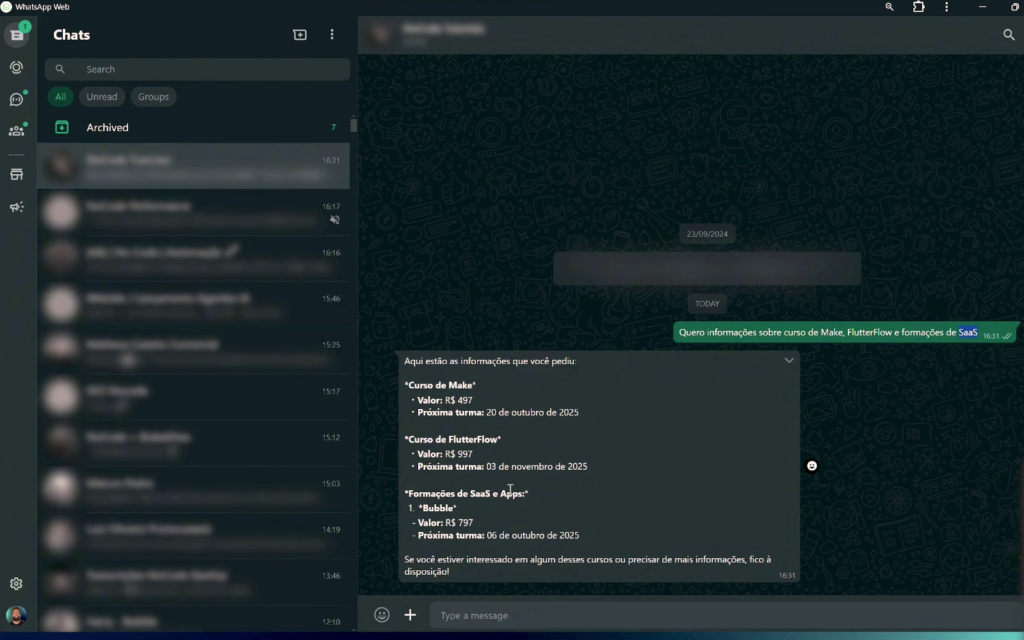
5. Why NoCode is the Future of Automation
One of the main highlights of this automation agent is the fact that you can create it using no-code tools. This is a huge advantage for startups and small businesses that don’t have the resources to hire dedicated developers. So, with platforms like n8n and Supabase, companies can create complex workflows without writing a single line of code.
- Rapid development: No-code platforms enable rapid prototyping and deployment. Companies can quickly create and test new automation flows, making it easier to iterate and improve over time.
- Cost-effective: Traditional software development can be expensive, especially for startups. By using no-code solutions, companies can reduce their development costs and allocate those resources elsewhere.
- Scalability: No-code solutions are highly scalable. As your business grows, you can adjust your automation workflows to handle more customers, products, or services without having to rebuild your system from scratch.
The Future with Sales Automation Agents
This shift toward automation doesn’t just save time and resources; it also improves the customer experience. With an automation agent handling inquiries, payments, and order fulfillment, customers get faster responses. This means businesses can operate 24/7 without the need for human intervention.
In conclusion, no-code automation agents are an invaluable tool for startups looking to scale their sales processes. Therefore, by leveraging platforms like WhatsApp, Supabase, and OpenAI, companies can create highly personalized and efficient sales flows that operate 24/7. Want to learn more? Join the MasterClass AI Agent Manager!
